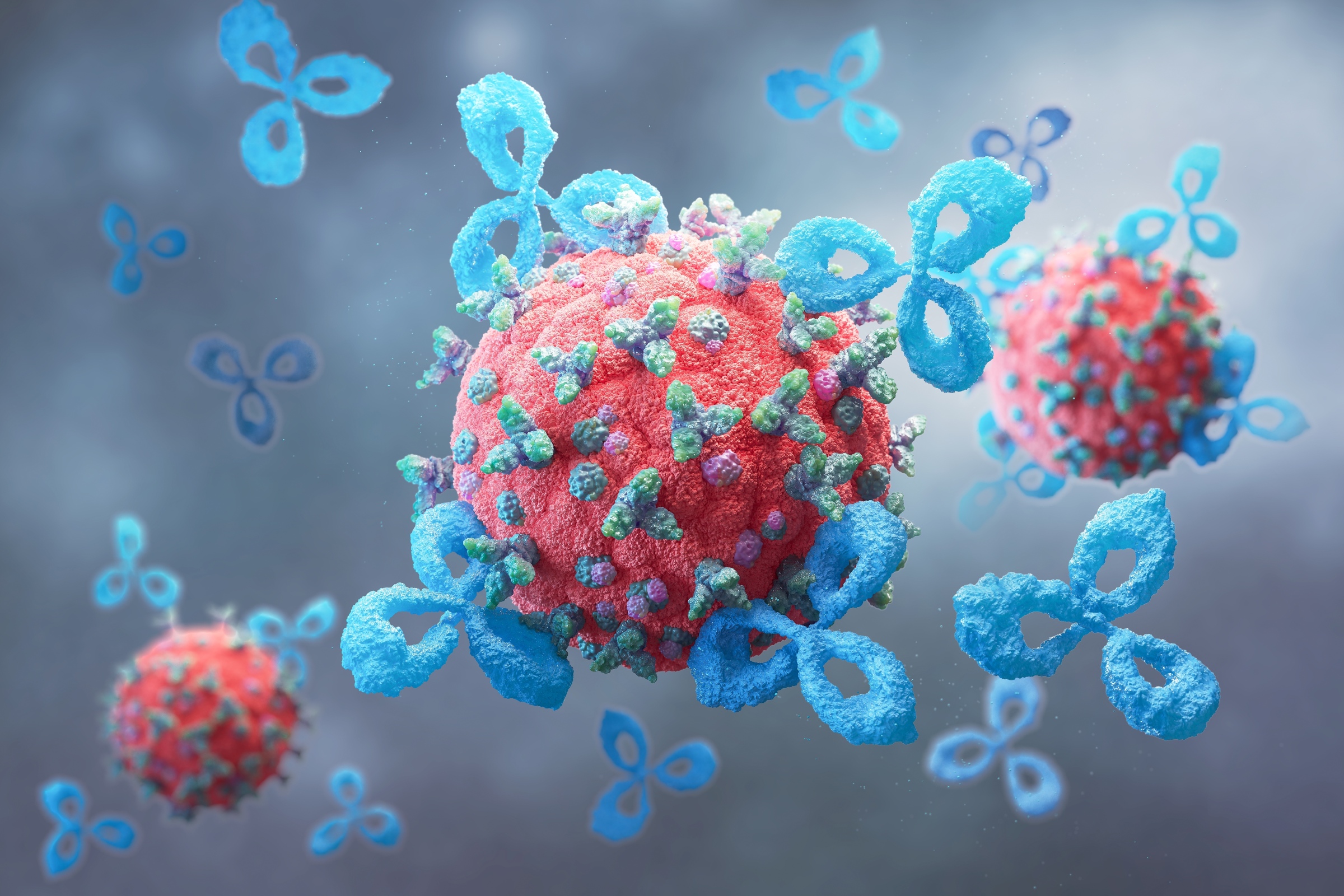The Chinese University of Hong Kong (CUHK) recently celebrated the inauguration of five Jockey Club (JC) STEM Labs, supported by The Hong Kong Jockey Club Charities Trust. The directors of these labs, who have joined CUHK as Global Stem Scholars under the government’s Global STEM Professorship Scheme, explain why they chose to build their labs here and what they hope to accomplish.
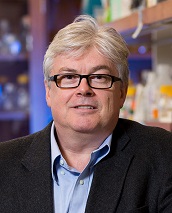
Director of JC STEM Lab of Stem Cells and Regenerative Medicine
Before joining CUHK, Professor Stephen Dalton was a professor and endowed chair in molecular cell biology at the University of Georgia. He took the position at CUHK because of the immense potential of Hong Kong and the broader Greater Bay Area.
“Hong Kong is well positioned to be a global leader in biomedical research and the government is being very supportive towards research that will have a positive impact on society,” he says. “China is also the new frontier for biomedical research, and I want to be part of the exciting developments that are happening here.”
“Setting up in Hong Kong has been smooth and I feel well supported by CUHK and the Hong Kong Jockey Club. We have state-of-the-art equipment and very talented local and mainland talent. The infrastructure of the university is first class. It’s so very good.”
Professor Dalton’s STEM lab is using proprietary stem cell technology to create a new generation of therapies to treat type 2 diabetes, pre-diabetes and obesity. The new therapy that they’re developing takes a completely different approach from controlling glucose uptake or insulin release. They intend to transform pluripotent stem cells into brown fat cells in vitro, which are critical for metabolic regulation, and then transplant them into human bodies to increase their metabolic rates and lower blood glucose levels.
“At the moment, the transplants survive around two years,” says Professor Dalton. “But as the technology improves, the lifespan of the transplant will be longer. The goal is to be able to do one transplant that will last a long period of time. Ideally, you wouldn’t need to take any drugs at all.”
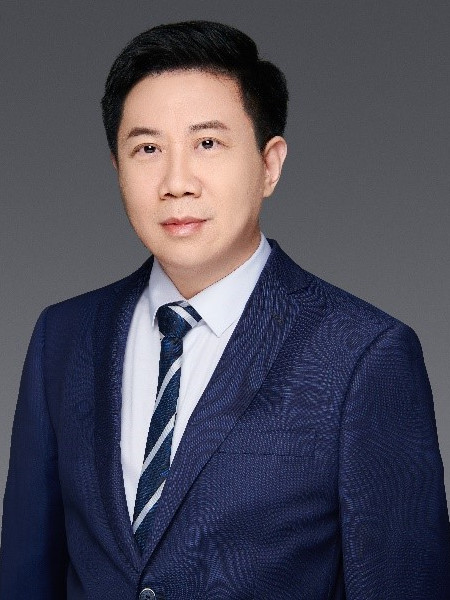
Director of JC STEM Lab of Nature-inspired Precision Medical Engineering
Professor Mao Chuanbin is inspired by nature and driven to delve deeper into the toolkit it offers. He and his team employ bacteriophages (phages) to develop novel biomaterials, technologies and life-saving drugs. Having previously conducted research at institutions including Tsinghua University, the University of Texas at Austin, and the University of Oklahoma, which provided a solid foundation for his research in engineering phages at the molecular, nano and micro scales, Professor Mao has decided to embark on a new chapter at CUHK thanks to the Global STEM Professorship Scheme. He says the opportunity allows him to purchase key equipment needed for an advanced laboratory, including a fermenter and a biosafety cabinet, as well as to hire the staff he needs to build a competitive research team.
Phages are human-friendly viruses that specifically target bacteria and could even treat antibiotic-resistant infections. The use of phages offers significant benefits over chemical reagents in the development of biomaterials. These include improved eco-friendliness, the ability to be precisely modified through genetic means, and their role as a platform for the evolutionary screening of molecules within a molecular library. Professor Mao’s ongoing research is expected to yield innovative disease biomarker detection kits, effective therapeutics for conditions such as metastasised cancer and superbug infections, and cutting-edge technologies for identifying disease lesion-homing molecules and delivering drugs or genes for precision therapy.
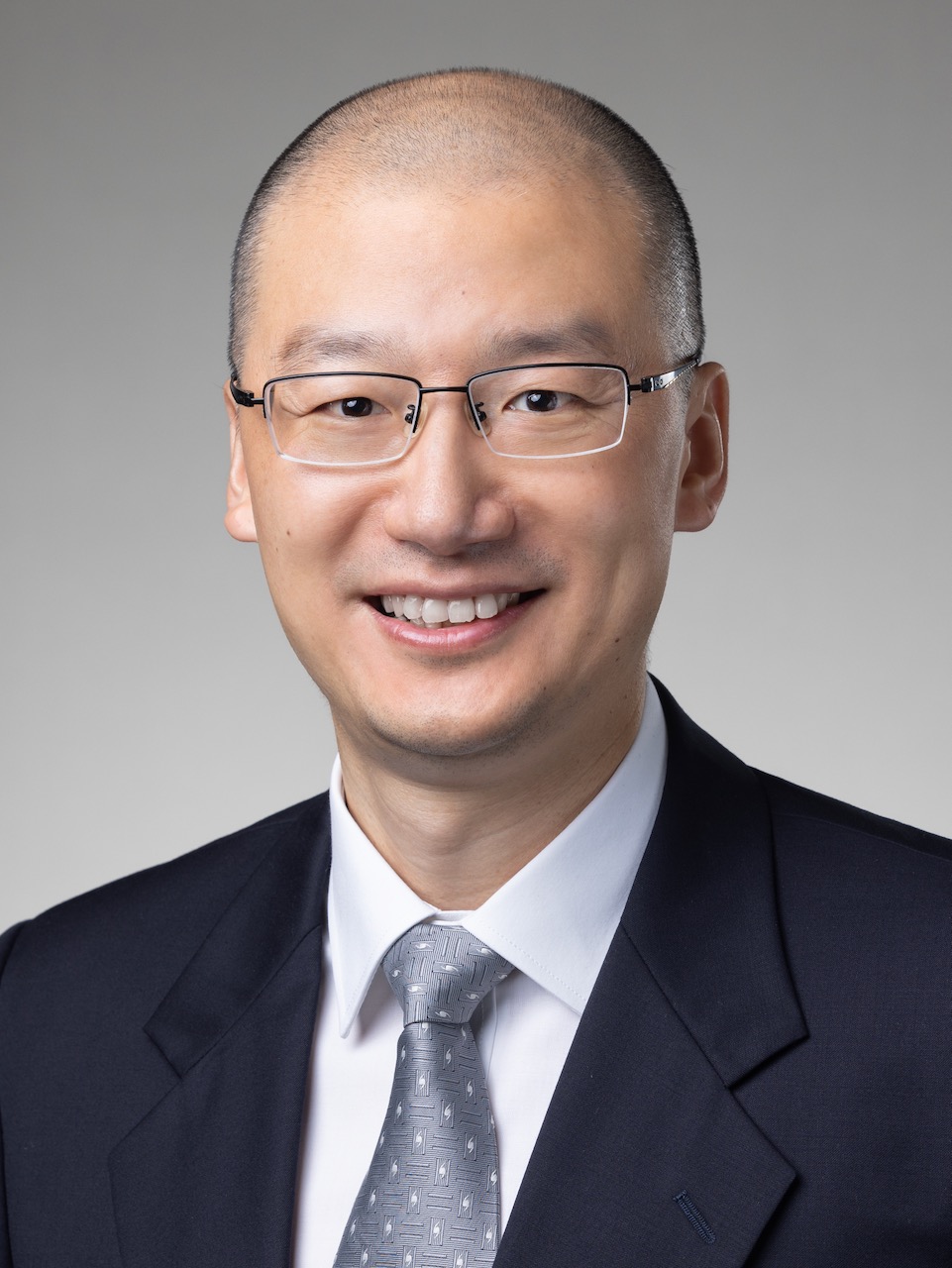
Director of JC STEM Lab of Astronomical Instrumentation
Despite being a tenured professor at the University of Kentucky, Professor Yan Renbin accepted CUHK’s invitation to establish the JC STEM Lab of Astronomical Instrumentation in Hong Kong. As the project’s Survey Scientist, he has led the SDSS-IV/MaNGA project, the largest imaging spectroscopy survey of nearby galaxies. He has also led another team to produce the MaStar Stellar Library, the largest and most-comprehensive stellar library to date. With his professional knowledge and extensive experience, Professor Yan will lead the lab to a fruitful future.
The lab’s primary objective is to create the Jockey Club Spectroscopy Survey System, dedicated to study star formation and galaxy evolution. The system comprises high-resolution imaging fibre spectrometers and compact, wide-field survey telescopes, enabling large-scale surveying and mapping of the interstellar medium in the Milky Way and nearby galaxies with high spatial and spectral resolution.
The lab aims to develop a cost-effective instrument that achieves 20% of the performance of a traditional spectrometer at 10% of the price. The team plans to mass-produce these spectrometers to further lower the cost, and deploy the system in mid-2025 in places in northwest China, such as observation stations in Xinjiang and Qinghai provinces with little light pollution and clear weather. By automatically collecting data and images, the goal is to bridge the gap in astronomical spectroscopy data between the scale of a few light-years and the scale of thousands of light-years, and analyse star-forming regions and their feedback mechanisms.
“My dream is to map the motion and distribution of gas in our Milky Way galaxy to understand our galactic home and how stars are born around us,” says Professor Yan.
In addition, the JC STEM Lab of Intelligent Design Automation, led by Professor Ho Tsung-yi from the Department of Computer Science and Engineering, aspires to make CUHK a renowned centre for next-generation technologies and applications in electronic design automation; while the JC STEM Lab of Personalised Cancer Medicine, led by Professor Andreas Moeller from the Department of Otorhinolaryngology, Head and Neck Surgery, is set to deliver fruitful outcomes in translational cancer research.
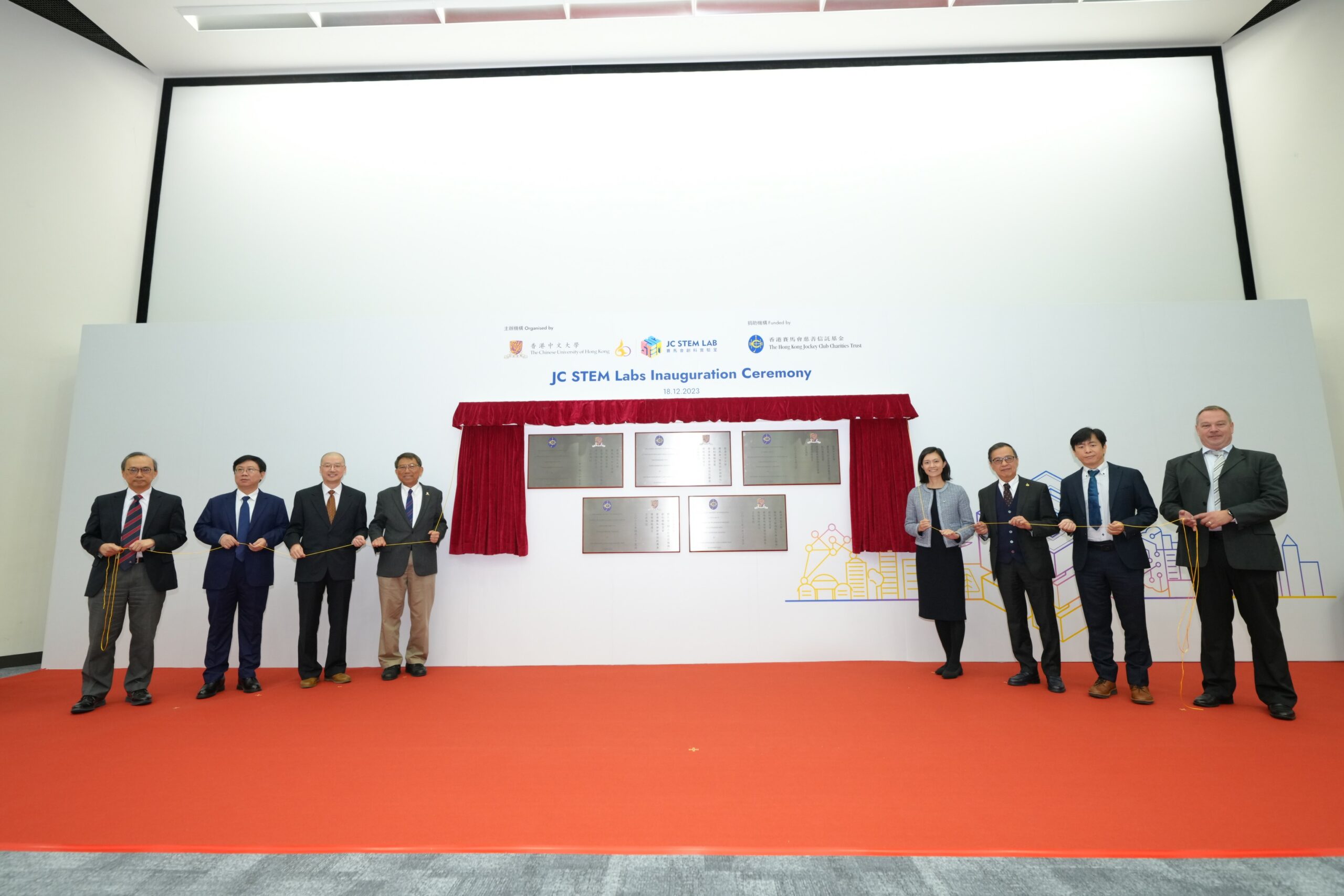
CUHK has received HK$49.7 million from the Hong Kong Jockey Club Charities Trust as part of the JC STEM Lab initiative for University Grants Committee-funded universities, with the aim of helping the awarded scholars set up laboratories under the government’s Global STEM Professorship Scheme. These labs represent a significant investment in developing STEM talent in Hong Kong and leveraging innovative science and technology for social impact. With the pioneering research of these scholars, CUHK continues to push the limits of scientific innovation and discovery.







